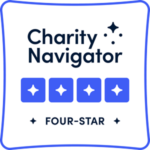
Literacy & Language Learning: Authentic Connections to the Arts
Students in our programs learn to work and think like artists
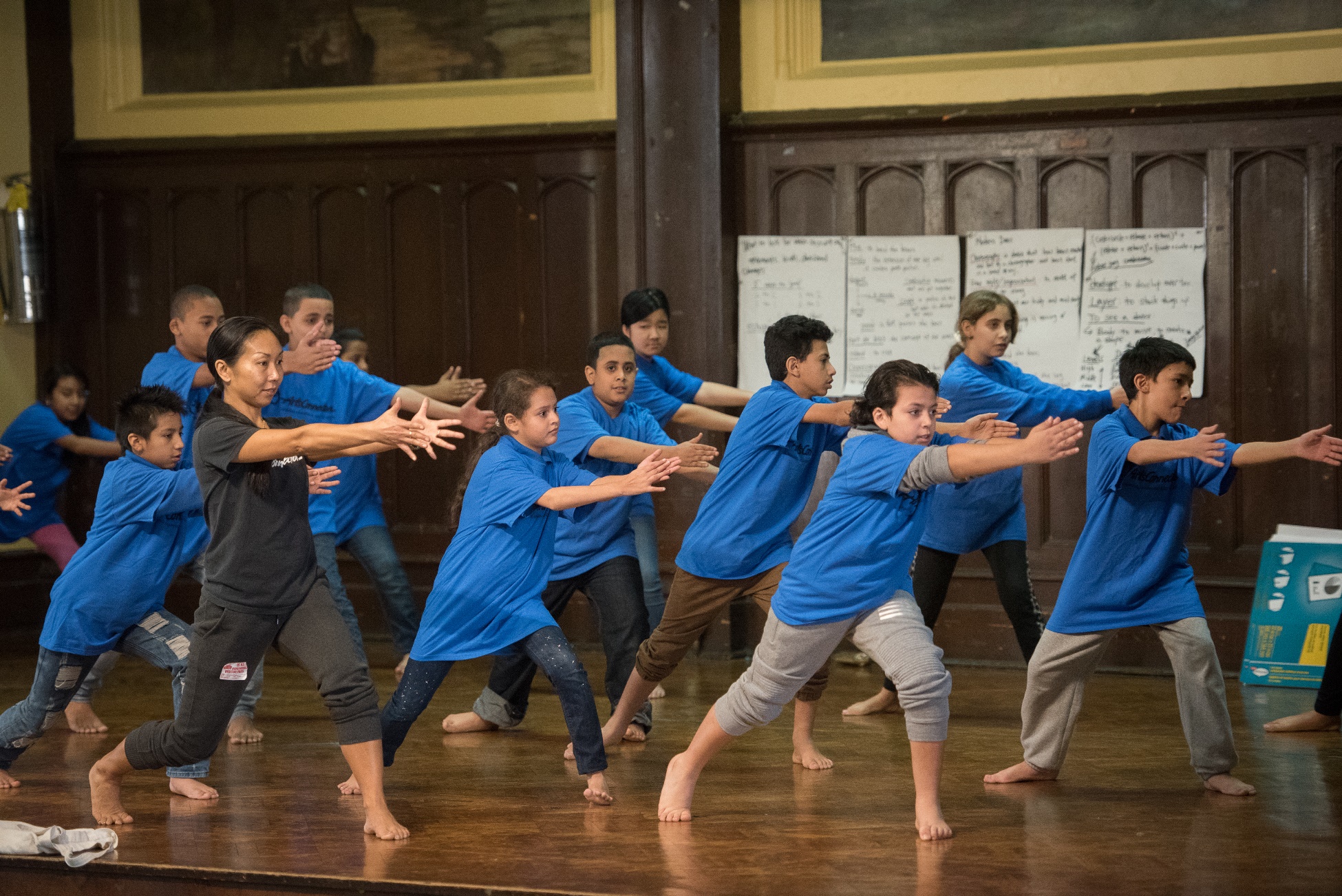
- Take imaginative risks
- Explore a concept or feeling
- Make artistic choices
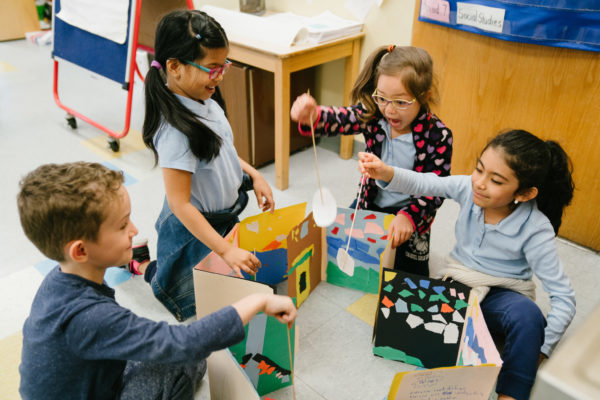
- Collaborate
- Envision alternate possibilities
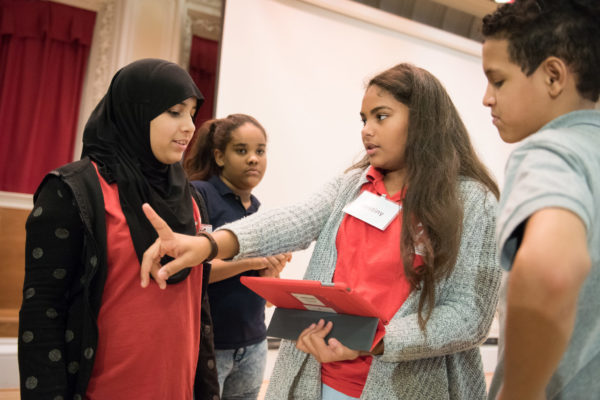
- Communicate
- Persevere
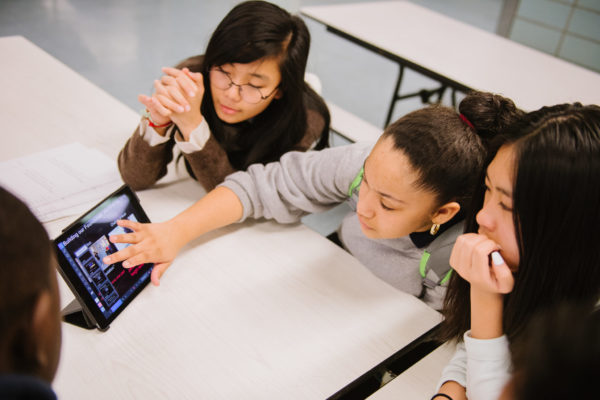
Engage in a creative process that requires higher order thinking skills: analysis, synthesis, and evaluation
A Model for teaching Dance and Social Studies
See our work in action Teaching Dance and Social Studies together: video portraits from a model residency (funded by the USDOE): https://artsconnection.org/earth-school/
Artistic Expression = Literate Expression
Cognition begins in the body; vocabulary and knowledge build from the immediacy of experience. Students learn to communicate through body, facial, and vocal expression, and can express more complex ideas and understanding than their sometimes limited verbal capacities allow.
Verbal Language = Integral to Artistic Expression
Once students have expressed complex ideas through the arts, their artistic expression can be observed and described by themselves and others. This descriptive process builds vocabulary and helps students further develop their capacity to talk about complex ideas while simultaneously developing their artistic voice.
A Rigorous Artistic Process Builds Social-Emotional Learning
By engaging in the creative process, students develop a personal stake in the outcome, which lowers the affective filter (Krashen, 2003). Children learn to take imaginative risks; discover and develop their ideas; and, work and think independently.






